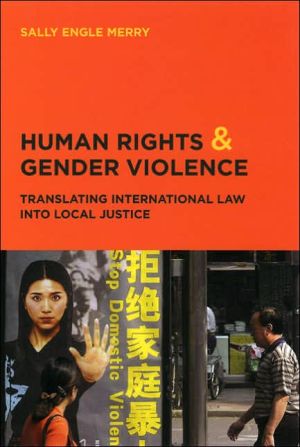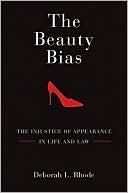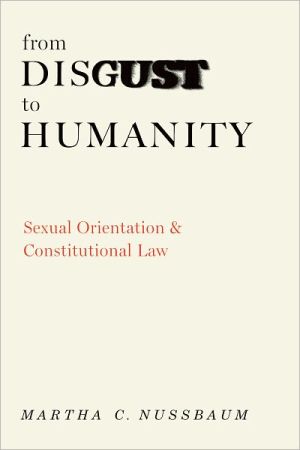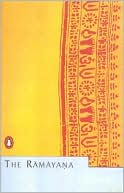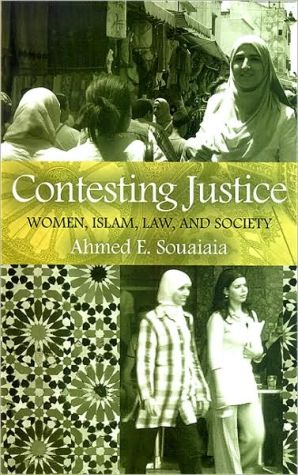Human Rights and Gender Violence: Translating International Law into Local Justice
Human rights law and the legal protection of women from violence are still fairly new concepts. As a result, substantial discrepancies exist between what is decided in the halls of the United Nations and what women experience on a daily basis in their communities. Human Rights and Gender Violence is an ambitious study that investigates the tensions between global law and local justice.\ As an observer of UN diplomatic negotiations as well as the workings of grassroots feminist organizations...
Search in google:
Despite the best efforts of the United Nations and advances in human rights law, violence against women across the globe is still perpetuated in the gap between legal principle and local practices. Human Rights and Gender Violence investigates the tensions between global law and local justice from an insider’s perspective. As an observer of UN diplomatic negotiations as well as the workings of grassroots feminist organizations in several countries, Sally Engle Merry shows how human rights law holds authorities accountable for the protection of citizens even while it reinforces and expands state power. Using an approach that is both legal and anthropological, Merry contends that international human rights law must be framed in local terms to be accepted and thus effective. Anthropos "This is an important book that should receive extensive attention. . . . [It] makes major contributions not simply to studies of human rights and gender violence, but also to our knowledge of law, globalization, culture, and power in a world where transcultural ideas have an important capacity to promote change, but only through the processes by which they are mobilized, translated, and appropriated."— Alan Smart
Ch. 1Introduction : culture and transnationalism1Ch. 2Creating human rights36Ch. 3Gender violence and the CEDAW process72Ch. 4Disjunctures between global law and local justice103Ch. 5Legal transplants and cultural translation : making human rights in the vernacular134Ch. 6Localizing human rights and rights consciousness179Ch. 7Conclusions218
\ Cynthia Bowman“A great contribution to our understanding of the interaction of international human rights norms and local culture. Sally Engle Merry succeeds in showing the complexity of this relationship through a solid grounding in a great deal of field research.”\ \ \ \ \ \ Donald Brenneis“In this fascinating and important book, Sally Engle Merry provides an extraordinary account of the complex articulations of bureaucracy, policy, and local culture around the issue of violence against women. Human Rights and Gender Violence makes a convincing argument for taking seriously the notion of local cultures and provides a model for how context, translation, values, and the particulars of social and institutional life can be given consideration.”--Donald Brenneis, University of California, Santa Cruz\ \ \ \ Canadian Review of Sociology and Anthropology"Merry provides an excellent model of how to conduct multi-sited fieldwork in a deterritorialized world, demonstrating how ethnography permits engagement with the fragments of a larger global system. . . . Wonderfully clear and engaging writing."\ \ \ \ \ \ Journal of the Royal Anthropological Institute"This excellent text offers an orientation and a starting-point for more explorations of the contradictory possibilities and limits of the human rights system."\ \ \ \ \ \ American Journal of Sociology"A book that should be read by every sociologist interested in globalization, international law, or human rights."\ \ \ \ \ \ Anthropos"This is an important book that should receive extensive attention. . . . [It] makes major contributions not simply to studies of human rights and gender violence, but also to our knowledge of law, globalization, culture, and power in a world where transcultural ideas have an important capacity to promote change, but only through the processes by which they are mobilized, translated, and appropriated."\ \ \ \ \ \ Law and Politics Book Review"Merry does an invaluable service by marrying a broad methodological prescription for the analysis of human rights issues to a multi-layered discussion of diverse, compelling cases. Indeed, Merry's lucid writing, diverse tiers of analysis and insightful case studies ensure that this book is appropriate for both scholars and undergraduates with even a passing interest in human rights, ethnography or contemporary women's activism. In the end, the book provides a forcefull call to enlist the nuanced tools of cultural anthropologists and others familiar with non-western law and politics in the service of a spirited defense of the continued political vitality and impact of universal rights law."\ \ \ \ \ \ Human Rights Quarterly"A significant contribution to the study of gender-oriented violence in the context of global north and global south dialogues for the advancement of universal human rights."\ \ \ \ \ \ Ethics and International Affairs"A valuable contribution to our thinking about international human rights, both because it examines in empirical detail the interaction between the transnational culture of human rights and alternative cultural discourses in specific contexts and because it acts as a corrective to oversimplified assumptions about the meaning of international human rights and the meaning of culture."\ \ \ \ \ \ Canadian Review of Sociology and AnthropologyMerry provides an excellent model of how to conduct multi-sited fieldwork in a deterritorialized world, demonstrating how ethnography permits engagement with the fragments of a larger global system. . . . Wonderfully clear and engaging writing.\ — Penny Van Esterik\ \ \ \ \ \ American Journal of SociologyA book that should be read by every sociologist interested in globalization, international law, or human rights.\ — Elizabeth Heger Boyle\ \ \ \ \ \ AnthroposThis is an important book that should receive extensive attention. . . . [It] makes major contributions not simply to studies of human rights and gender violence, but also to our knowledge of law, globalization, culture, and power in a world where transcultural ideas have an important capacity to promote change, but only through the processes by which they are mobilized, translated, and appropriated.\ — Alan Smart\ \ \ \ \ \ Law and Politics Book ReviewMerry does an invaluable service by marrying a broad methodological prescription for the analysis of human rights issues to a multi-layered discussion of diverse, compelling cases. Indeed, Merry's lucid writing, diverse tiers of analysis and insightful case studies ensure that this book is appropriate for both scholars and undergraduates with even a passing interest in human rights, ethnography or contemporary women's activism. In the end, the book provides a forcefull call to enlist the nuanced tools of cultural anthropologists and others familiar with non-western law and politics in the service of a spirited defense of the continued political vitality and impact of universal rights law.\ — David Mednicoff\ \ \ \ \ \ Ethics and International AffairsA valuable contribution to our thinking about international human rights, both because it examines in empirical detail the interaction between the transnational culture of human rights and alternative cultural discourses in specific contexts and because it acts as a corrective to oversimplified assumptions about the meaning of international human rights and the meaning of culture.\ — Kimberly Hutchings\ \ \ \ \ \ Journal of the Royal Anthropological InstituteThis excellent text offers an orientation and a starting-point for more explorations of the contradictory possibilities and limits of the human rights system.\ — Jane K. Cowan\ \ \ \ \ \ Human Rights QuarterlyA significant contribution to the study of gender-oriented violence in the context of global north and global south dialogues for the advancement of universal human rights.\ — Angelita D. Reyes\ \ \ \ \ \ Human Rights Quarterly"A significant contribution to the study of gender-oriented violence in the context of global north and global south dialogues for the advancement of universal human rights."\ — Angelita D. Reyes\ \ \ \ \ \ Journal of the Royal Anthropological Institute"This excellent text offers an orientation and a starting-point for more explorations of the contradictory possibilities and limits of the human rights system."\ — Jane K. Cowan\ \ \
